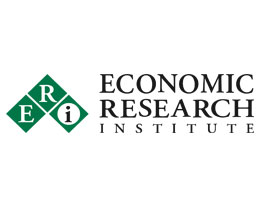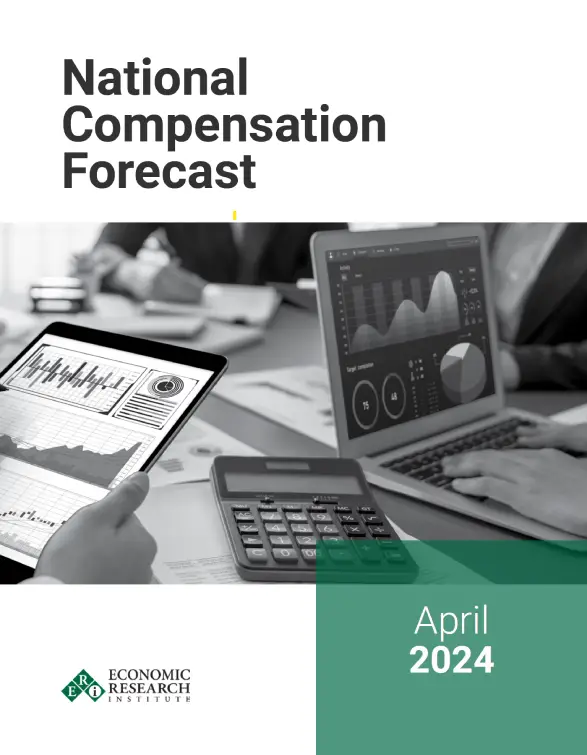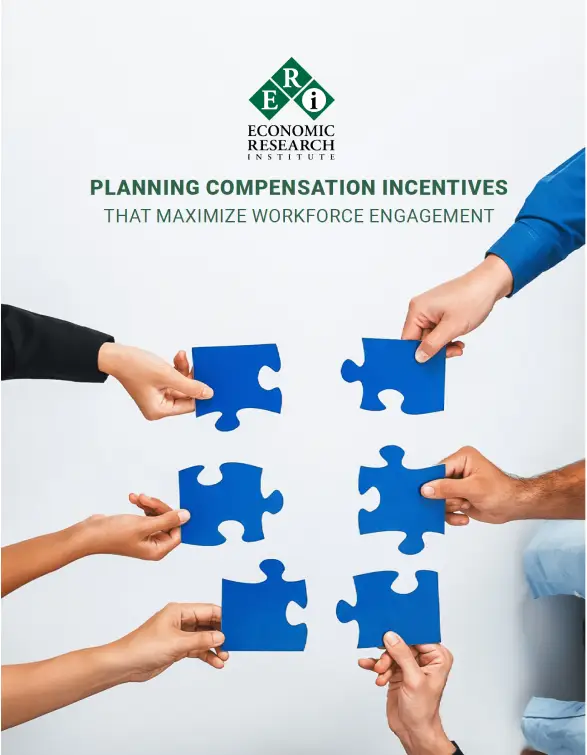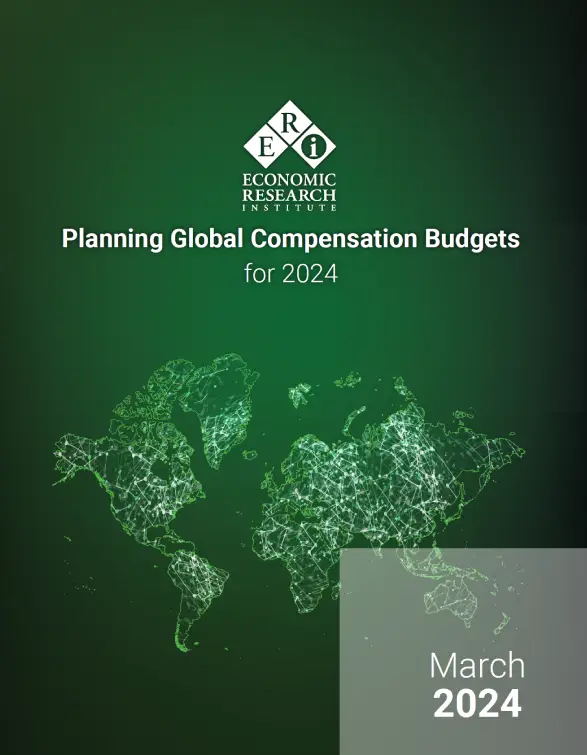Each year, the Council on Foundations completes a survey of compensation in grant-making organizations. The most recent report on 2012 salaries includes responses from 893 organizations for over 7,600 full-time employees in 34 different positions. The data show that pay increases for foundation employees grew at a slower rate last year than they did in 2011 and 2010. The median salary for all full-time foundation employees grew 2.1% in 2012, just keeping up with the rate of inflation. The rates of increase for the two previous years were each 3%.
Other findings included the following:
- The 2012 median salary for all full-time workers at the grant-making organizations surveyed was $72,000.
- Chief executives at foundations made a median of $145,000 last year, and about 30% received bonuses in 2011.
- Program officers were paid a median of $80,936.
- The larger the organization, the more likely it was led by a male CEO – women headed 82% of foundations with assets under $5 million, but only 25% of foundations with assets of more than $750 million.
While the “2012 Grantmakers Salary and Benefits Report” may be useful to understand trends in compensation for different types of foundations, more information is necessary to document what pay should be for a specific organization, according to IRS regulations. Like other charities, boards setting compensation for their top level executives must collect data on what is being paid for similar jobs in similar circumstances. The more detailed data needed are available from ERI’s Nonprofit Comparables Assessor.
The software allows the user to easily calculate average competitive compensation levels, selecting the relevant organizations by type (foundations in this instance), geographic area, and size (asset level for foundations) so that truly similar organizations are included in the analysis. Access to the source documents for the data is only a click away, so verification is simple.
The data provided by the Nonprofit Comparables Assessor is what the IRS wants nonprofit boards to use when making compensation decisions. In fact, the IRS and various state charity regulators use this same software to aid in their determinations of what is reasonable compensation. A free demo version is available for download.



